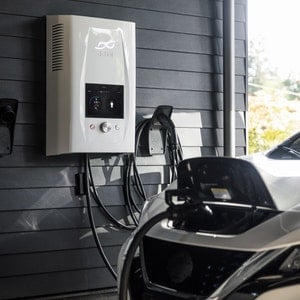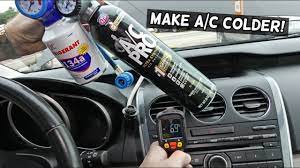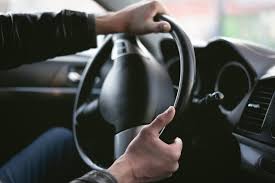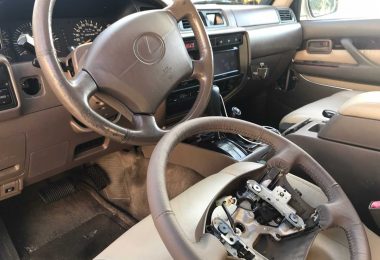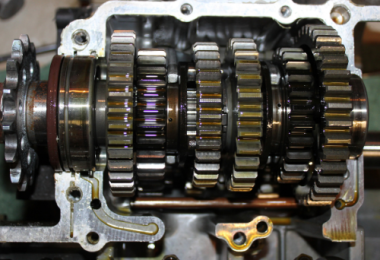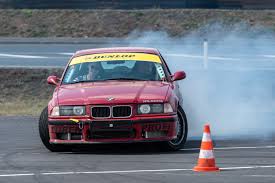
Major engine problems that needs urgent attention in order not suffer car broke down on the way. Engine generally is a complicated machine that has many components. These components need to work together and harmoniously to achieve a goal at a time. And many other factors come into play that can cause a breakdown. Here are some of the major engine problem symptoms to watch .
Engine Knocking Sounds
If you’ve ever heard an engine knocking, you’re aware of the pain it causes. And that pain is definitely warranted. An engine knock sounds like “kok-kok-kok”, which is why some people might also call it ‘engine ticking’. It’s a noise that you can feel inside the car in many cases too, through vibrations in the steering wheel or floorboards. Sometimes the knocking sound becomes a light tapping noise in the engine, and goes away when you rev the engine up. But it comes right back when you let off the gas. When it gets really bad, the knock is there all the time.
Inability to Lubricate Oil in the Engine Room
Most often, the death knock happens because of low oil pressure. One way or another, your engine oil isn’t able to properly lubricate the engine’s internal components. It could be a failed oil pump, plugged oil galleries inside your engine, or a blocked oil pickup screen.
Outside from the knocking noise, you’re going to notice a couple other things: the engine temperature would be higher than normal and the Check Engine light is most likely illuminated.
Unfortunately, it’s probably too late. When you have engine rod knock sound, the damage is already done. Crankshaft bearings have overheated and slashed, your engine’s cylinder walls have been scratched up, and you’re blowing smoke out your tailpipe.
In most instances, you’re going to need an engine replacement. Sometimes the engine can be repaired but the engine replacement cost is usually very close. The repair bill is not for the faint of heart.
Engine Rattling
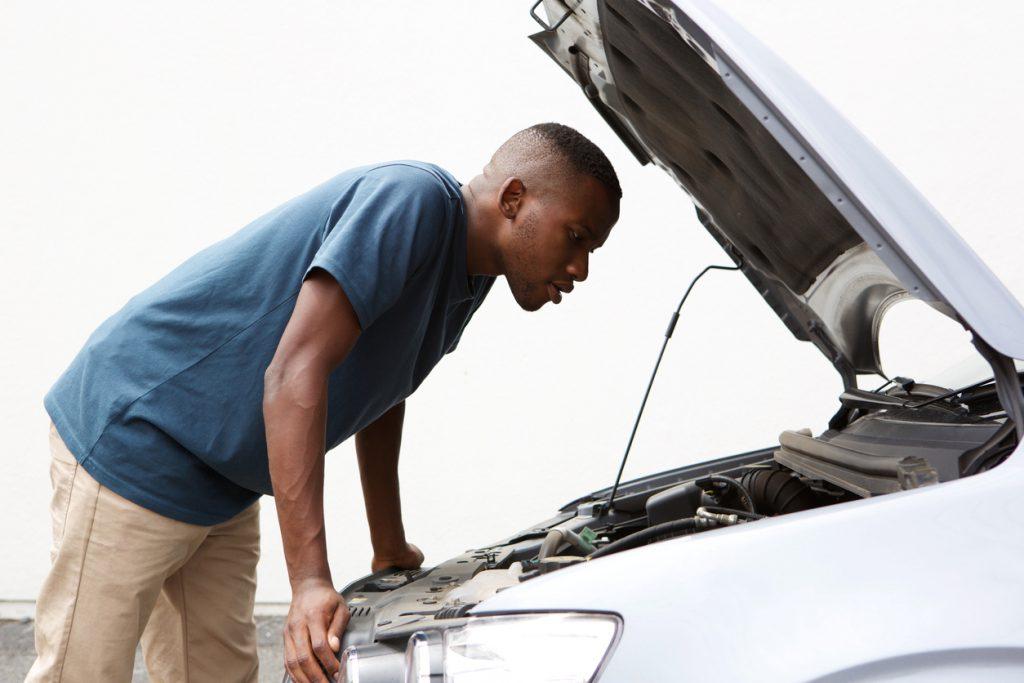
If your car has more than 100,000 miles on it, normal wear is setting in. With that comes some expected repairs but you don’t want to hear your engine rattling. It’s that sound that goes “tap-a-tap-a-tap-a-tap”, and usually sound comes from the front or top of your engine.
You’re most likely to hear an engine rattle when your engine is cold but it could stick around when your engine is hot if it’s become bad. Depending on the problem, the Check Engine light may or may not be on. And over time, you’re bound to notice a decrease in performance.
Engine rattling when accelerating is a problem with many root causes. It could be emanating from:
- One or more cylinders with worn piston rings. This is known as ‘piston slap’ as the pistons wiggle and bang around inside the cylinder.
- Variable valve timing system problems, commonly found on some engines, although many other makes now use variable valve timing as well.
- Loose or worn timing chains. Although timing chains shouldn’t need to be replaced during the operating life of an engine, it can happen. GMC Terrain and Chevrolet Equinox engines had a bad spell with timing chain failures.
- Worn engine valves. Also known as tappets, the engine valve lifters can require adjustment or may have wear on them, causing a space between the lifter and the valve. Hence, the tapping noise when they touch.
Most, if not all, of the causes of engine rattling require extensive repairs. Without prompt attention, you could find yourself doubling up on repair costs or in need of engine replacement instead.
Engine Leaking Oil
At every joint in the engine, there’s a gasket or seal. It serves two purposes: keep engine fluids inside and contaminants outside. The problem is, gaskets aren’t always perfect.
Gaskets can be made of a host of different materials. They could be thin layers of metal like many types of cylinder head gaskets. They could be cork, like old-school valve cover gaskets.
Any gasket can damage and fail. For some, like an oil pan gasket, it’s usually just a matter of time before it seeps or leaks. Others, like the front or rear crankshaft oil seal, wear over time because a rotating part is moving inside the seal. Rubber seals and silicone can deteriorate with time and exposure, and just crack.
No matter what type of seal or how it happens, a leak starts to form. It may be slow at first with an occasional drip from the undercarriage. Or it might be a sudden burst that dumps a huge puddle of oil underneath your car. Whether an oil leak or car leaking water, it needs to be fixed.
An oil leak can sometimes be a very minor issue or major or an extremely involved engine repair. The longer it’s left unattended, the more damage can result. If your engine runs out of oil, you could develop that dreaded engine knock or even a blown engine, and need a whole engine replacement.
Engine Overheat
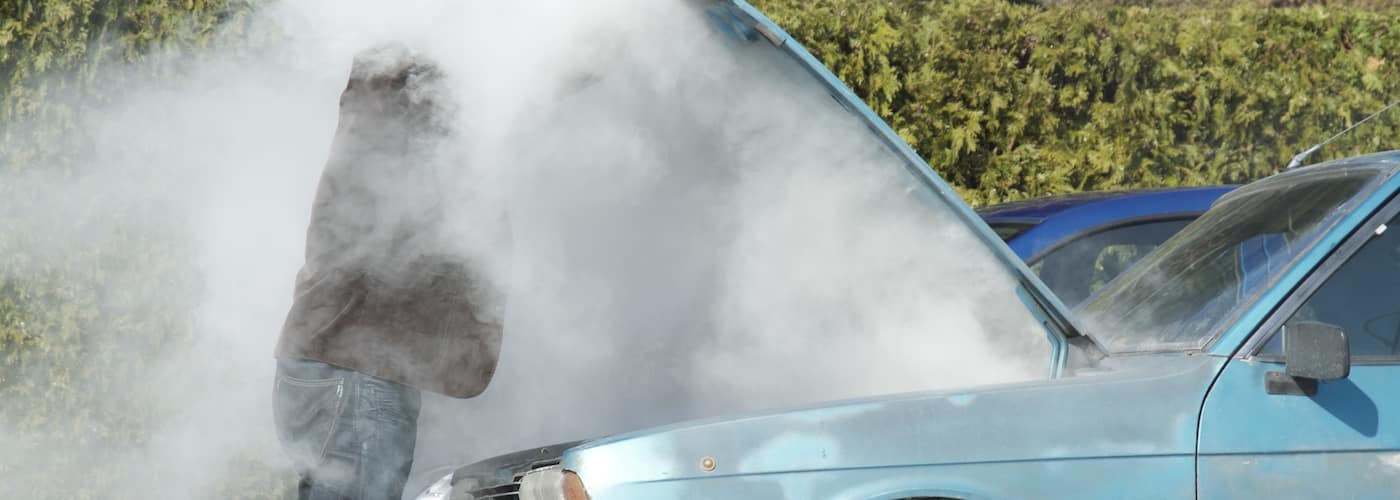
Some engine problems are because of external systems. That’s the case for most overheating concerns. Your engine’s cooling system regulates the engine temperature, maintaining a precise operating range for fuel and emissions efficiency. When something goes wrong in the cooling system – an antifreeze leak, a hole in the radiator, a failing water pump, ruptured cooling system hoses, a leaking heater core – your engine temperature can skyrocket.
When temperatures get into the red zone, spiking to the top of your temperature gauge, you have only seconds before permanent damage occurs. Overheating can cause a warped cylinder head, burnt head gaskets, a crack in the engine block, and you could be left with a seized engine. On top of the engine damage your car suffers, you’ll still have cooling system repairs that need your attention. Otherwise, you’ll repeat the same fate all over again.
Fuel Injector Problems
You probably didn’t consider fuel system issues as the cause of engine failure, but it happens more often than you’d expect. Your engine relies on the precise amount of fuel delivered at exactly the right time. If too much or too little fuel is injected, severe issues can occur in your engine or exhaust system.
When too much fuel is injected into the combustion chamber, it’s called burning ‘rich’. The first thing you’ll notice is black smoke from the exhaust pipe, especially when you accelerate. In essence, this is partially burnt fuel carried out of your tailpipe in the exhaust. These unburden particles can super heat your catalytic converter. That’s not good, because if your catalytic converter melts down, there’s too much back pressure on your engine. Seals can blow, your engine can overheat, or you can end up with a blown engine altogether.
Another nagging issue from too much fuel is a flooded engine. On startup, excess fuel wets your spark plug tips, preventing them from igniting the fuel/air mixture in the cylinders. If you get your engine started, the Check Engine light will likely be on and your engine will run rough. Over time, your spark plugs will need to be changed, but more importantly, you’ll need to figure out the cause of the flooding.
Engine Misfiring
When a enough fuel is not delivered to your engine’s cylinders, it’s called running ‘lean’. It’s a condition that’s responsible for many engine rebuilds and engine replacements that should never have been necessary otherwise.
When your engine is running lean, it can misfire and run poorly. You’ll experience a lack of power and stumbling. You’ll have engine noise known as pinging as a result, but more important is the damage happening inside the engine.
You might be surprised to find that fuel performs a cooling action inside the cylinder. If there isn’t enough fuel inside each cylinder, it can burn too hot and cause a major malfunction. It can burn out piston rings or exhaust gaskets. It can burn out your spark plugs prematurely. Or if it’s left uncorrected for far too long, it can burn out your piston itself.
Running rich or lean can be caused by a multitude of conditions. It could be a fuel pump failure or a fuel injector leaking. It could be a plugged fuel filter or contaminated fuel. Whatever the root cause, it needs to be fixed urgently alongside the engine repair or engine replacement you complete for smooth running of the car.
Read more: How to find out the fault of your Fuel pump



